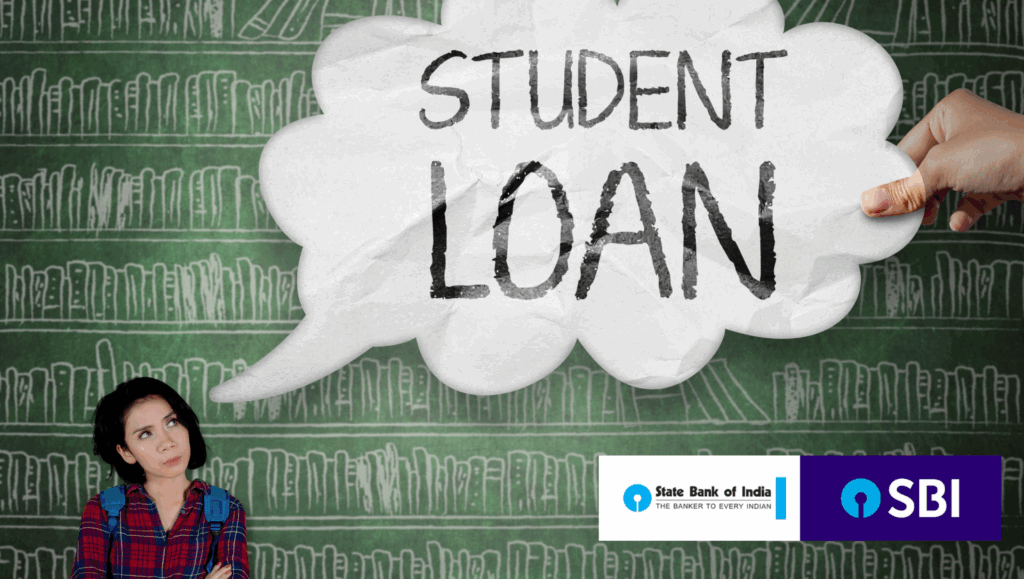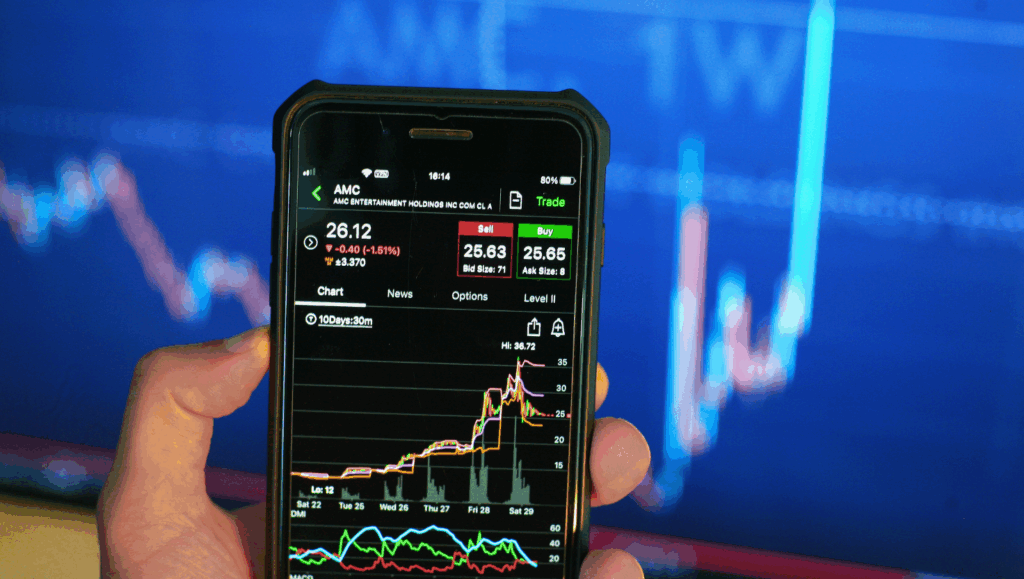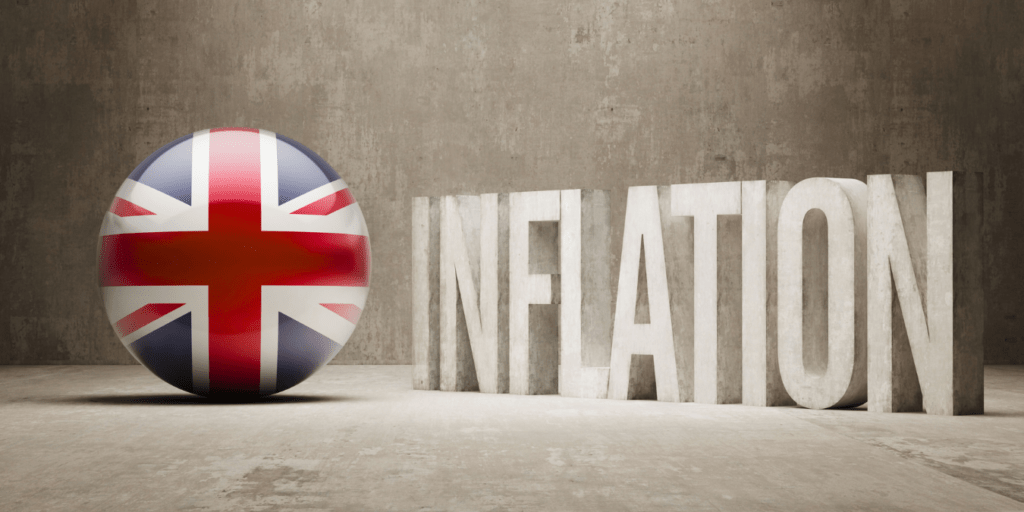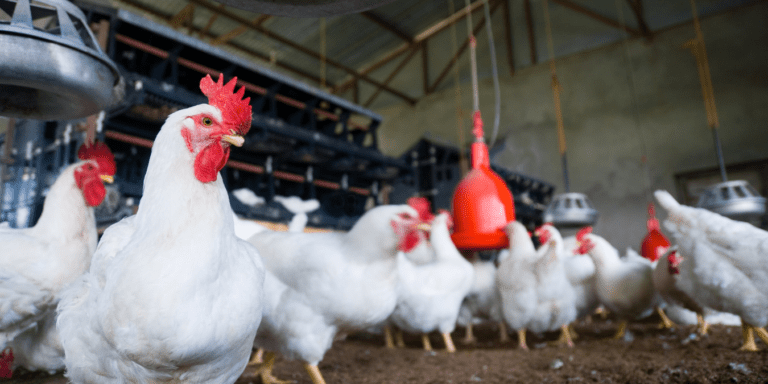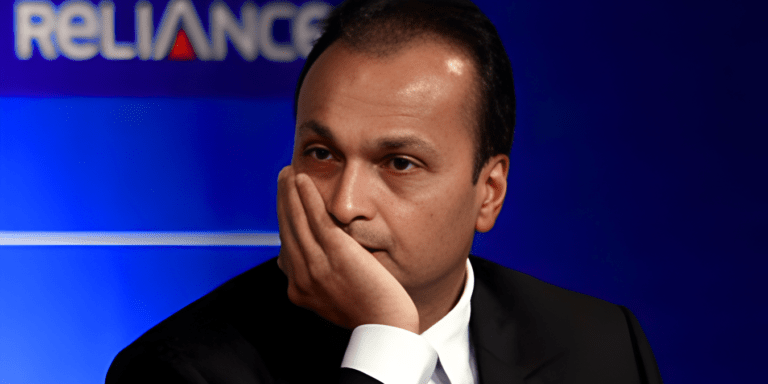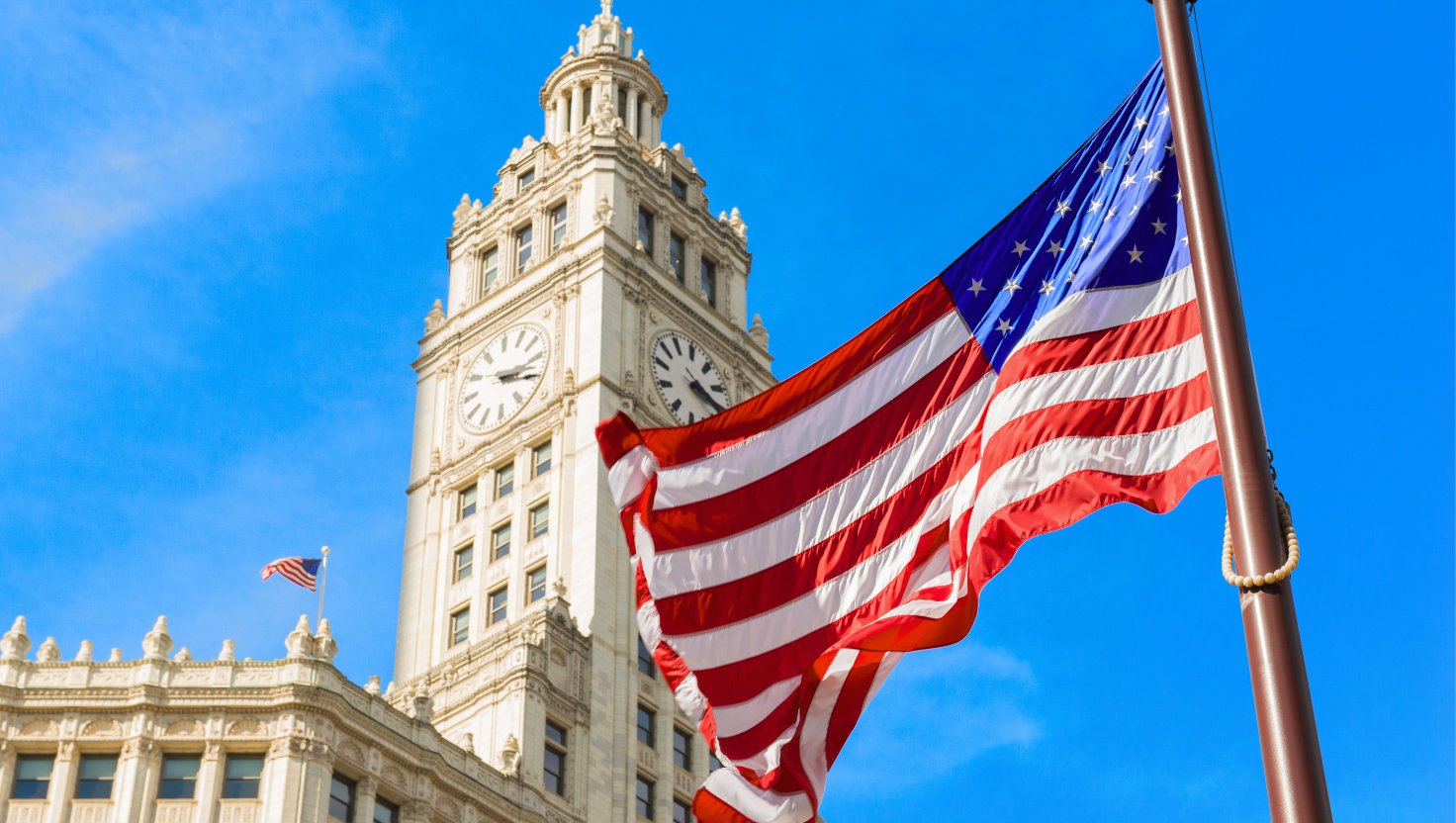
Harvard University faces a shocking US federal probe over Form I-9, the key to legal employment for Indian students and H-1B visa holders. Why is this routine document sparking a storm? With 19,000 employees under scrutiny, will Indian students’ American dreams crumble?
Harvard University, a global beacon of education, is now entangled in a high-stakes federal investigation. At its core lies a seemingly mundane document: Form I-9. But what secrets does this form hold, and why has it thrust Harvard into the spotlight of US immigration enforcement? For Indian students and professionals chasing the American dream, this probe raises a critical question: Could it reshape opportunities in the US?
What is Form I-9?
Form I-9, known as the Employment Eligibility Verification form, is a cornerstone of US immigration law. Mandated by the US Citizenship and Immigration Services (USCIS), it requires every employer in the United States to verify the identity and work authorization of all hires, whether citizens or non-citizens. For Indians on H-1B visas or F-1 student visas with Optional Practical Training (OPT), this form is the gateway to legal employment.
Why Form I-9 Matters
In a nation built on immigration, Form I-9 ensures no unauthorized workers slip through the cracks. Non-compliance carries severe penalties—fines up to $2,700 per violation for employers. For Indian professionals, especially the 200,000+ on US student visas, this form is a critical step toward securing jobs in academia, tech, or beyond.
How Form I-9 Works
Imagine your first day at a US job. You complete Section 1 of Form I-9, attesting to your status—US citizen, permanent resident, or authorized alien. You present documents like a passport, driver’s license, or Social Security card. Employers then handle Section 2, examining originals within three business days, recording details, and signing to confirm authenticity. Recent Department of Homeland Security (DHS) updates allow virtual checks for remote workforces, reflecting modern workplace flexibility.
The Suspense of Non-Compliance
What happens if discrepancies arise? Immigration and Customs Enforcement (ICE) conducts audits, and errors can lead to deportations or employer penalties. In 2024, ICE performed over 5,000 I-9 audits nationwide, uncovering issues that disrupted lives and businesses. For Indian workers, a single mistake could jeopardize visa status, barring re-entry for years.
Harvard’s Probe: The Bombshell
In July 2025, the DHS issued a notice of inspection, demanding Form I-9 records for 19,000 Harvard employees hired between July 2024 and July 2025. This unprecedented scope has placed Harvard under intense scrutiny. The university, a hub for international talent, employs thousands of foreign faculty and staff, many on H-1B visas, with over 60% of such visas in academia and tech held by Indians.
Harvard’s Response and Privacy Concerns
Harvard pledged compliance but with a caveat: it may exclude student workers protected under the Family Educational Rights and Privacy Act (FERPA). Why? Student jobs often involve sensitive visa data, and exposing it risks privacy breaches. This hesitation hints at deeper complexities in managing a diverse workforce.
The Political Context
This probe is no isolated event. It aligns with President Trump’s second-term immigration crackdown, which includes a $2.2 billion federal funding freeze to Harvard over alleged DEI excesses and foreign influence concerns. The Form I-9 investigation serves as a tool to scrutinize employment practices, potentially targeting Harvard’s international hires.
Implications for Indian Students
Harvard hosts over 1,000 Indian students annually on F-1 visas, many working on-campus jobs that require Form I-9 completion. If the probe extends to students, it could expose visa details, risking Student and Exchange Visitor Program (SEVP) compliance issues. A May 2025 attempt to ban Harvard from enrolling foreign students, though halted by courts, underscores the precarious climate for Indian aspirants.
H-1B Visa Stakes
The H-1B visa, critical for Indian professionals, faces tighter caps and wage requirements under Trump’s 2025 overhaul. With 70% of the 85,000 annual H-1B visas awarded to Indians, Harvard’s probe could set a precedent, making employers hesitant to sponsor international talent. For Indian graduates transitioning from F-1 to H-1B, delays or denials could derail career plans.
Latest Updates: August 2025
As of August 2025, DHS confirmed receipt of Harvard’s I-9 submissions, with audits ongoing. No violations have been announced, but the review of 19,000 forms marks a record-breaking investigation. Reports suggest the probe may expand to other Ivy League institutions, raising alarms for Indian students across elite campuses.
Why Target Harvard?
Harvard’s ties to foreign funding, particularly from China, are under scrutiny. President Trump has accused elite institutions of undermining US jobs, and the I-9 probe is a strategic move in this narrative. With 25% of Harvard’s students being international, the university’s global appeal is at stake.
Form I-9’s History and Evolution
Introduced under the 1986 Immigration Reform and Control Act, Form I-9 aimed to curb illegal hiring. Integration with E-Verify, an electronic verification system, enhances compliance. Harvard uses Equifax for electronic I-9 management, but even advanced systems aren’t immune to errors under intense audits.
Compliance Challenges
Employers must retain Form I-9 for three years post-hire or one year post-termination. Harvard’s vast records—spanning faculty, staff, and students—are a treasure trove for investigators. A single mismatch could lead to fines in the millions or ICE referrals for employees, particularly impacting Indian workers on temporary visas.
Indian Perspective: Risks and Opportunities
For the 200,000+ Indian students in the US, Harvard’s case is a cautionary tale. Visa violations could lead to severe consequences, including bans on re-entry. Yet, Indian alumni like Satya Nadella highlight the potential of navigating the system successfully. Knowledge of Form I-9 requirements is crucial for aspiring professionals.
Economic and Cultural Impact
Indians contribute over $100 billion to the US economy through H-1B visas. Disruptions from probes like Harvard’s could strain US-India economic ties. For Indian students, the dream of studying at Harvard—synonymous with prestige—faces new uncertainties.
Harvard’s Legal Fight
Harvard is battling the funding freeze in court, arguing it violates academic freedom. The I-9 probe could escalate, potentially threatening the university’s tax-exempt status. For Indian faculty reliant on Harvard-sponsored H-1B visas, this adds another layer of risk.
Student Jobs Under Scrutiny
On-campus jobs for F-1 visa holders are limited to 20 hours per week. Audits could reveal overwork or fraudulent documentation, endangering students’ visa status. Indian students, often balancing studies and work, must ensure meticulous compliance.
Practical Tips for Form I-9
For Indian students and professionals, preparation is key. Always use the latest Form I-9 edition (expiration May 31, 2027). Carry valid visa documents, such as I-20 forms or EAD cards, and ensure accuracy in Section 1 entries. Employers must verify originals, so digital copies won’t suffice.
The Broader Immigration Landscape
Trump’s policies echo his 2017-2021 term, emphasizing Buy American, Hire American mandates. Stricter H-1B rules and increased I-9 audits signal a challenging environment for international workers. Indian professionals must stay informed to navigate this landscape.
Suspense Unresolved
As DHS audits continue, the outcome remains uncertain. Will Harvard face crippling fines, or will it emerge unscathed? The probe’s findings could redefine US academia’s approach to international talent, particularly for Indians.
A Call to Indian Dreamers
Form I-9, once a routine paperwork, now symbolizes the tension in US immigration policy. For Indian students and professionals, Harvard’s saga is a wake-up call. Stay vigilant, ensure compliance, and arm yourself with knowledge. The American dream is still within reach, but it demands preparation in this era of scrutiny.
